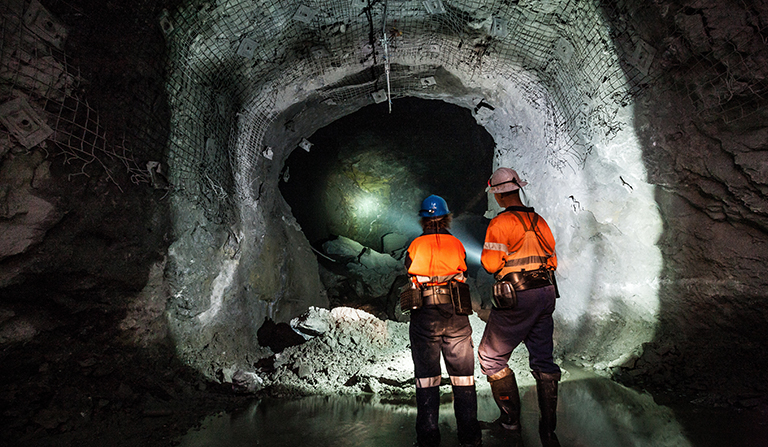Executive search, also known as executive recruiting, is a demanding profession that comes with its fair share of stressors. It involves identifying, attracting, and placing top-level executives in organisations, often at high salaries and in critical leadership roles. So, is executive search stressful?
While it can be a rewarding career, the stress levels in executive search can be significant due to several factors. Here are a few things to keep in mind when you’re deciding whether a headhunting career in the resources industry is the right fit for you:
High stakes of recruitment
Executive roles can make or break a company. The individuals placed in these positions often have a direct impact on a company’s strategy, profitability, and long-term vision. As a result, executive recruiters are under constant pressure to find the perfect match for their clients. The stakes are high, and any mistake in the hiring process can have serious consequences for both the recruiter and the client.
The job is time-sensitive
Executive searches are time-sensitive. Companies usually need to fill executive roles quickly to keep continuity in leadership and strategic decision-making. This time pressure can be stressful for recruiters, who must balance the need for thorough candidate evaluations with the urgency of placing someone quickly.
It’s super competitive
The executive search industry is highly competitive. Numerous recruitment firms vie for the same pool of top-tier executive talent. This competition can intensify the stress, as recruiters must continuously prove their worth to clients and strive to outperform their rivals.
Client expectations are high
Executive search firms work closely with their clients to understand their specific needs and preferences. Meeting or exceeding these expectations can be demanding, particularly when clients have high standards and specific criteria for their ideal candidates. Managing those client relationships and delivering on promises adds an extra layer of pressure.
Candidate assessment can be complex
Identifying and assessing executive-level talent is a complex task. Recruiters need to delve deep into a candidate’s qualifications, experience, leadership style, and cultural fit with the client organisation. The pressure to accurately gauge a candidate’s potential and suitability for a high-profile role can be immense.
Stakes are high with negotiations
Negotiating compensation packages and terms of employment for executive candidates is a delicate and high-stress aspect of the job. Balancing the needs and expectations of both the candidate and the client while ensuring a mutually beneficial agreement can be challenging.
There’s a fair amount of uncertainty
Executive search is inherently uncertain. Even with thorough assessments and evaluations, there are no guarantees that a candidate will perform as expected once in the role. The unpredictability of human behaviour and market dynamics adds to the stress.
Long work hours
Meeting deadlines and managing the demands of multiple clients and candidates can lead to long work hours. Executive recruiters often find themselves working evenings and weekends to keep up with their responsibilities.
Emotional investment
Successful executive recruiters tend to develop strong relationships with both clients and candidates. They become emotionally invested in the outcome of the searches, which can be emotionally draining and add to stress levels.
Handling rejection and pressure to deliver
Not every search ends in success. Facing rejection from clients or experiencing challenges in finding suitable candidates can be disheartening. The pressure to consistently deliver results can lead to chronic stress.
In conclusion, executive search is undoubtedly a stressful profession. The combination of high stakes, time pressure, competition, client expectations, candidate assessments, and the emotional investment in the process all contribute to the stress experienced by executive recruiters.
However, many professionals in this field find the rewards, both financially and personally, to be worth the challenges. If you’re someone who has good time management skills, self-care, and you find a supportive work environment, you’ll find executive search to be a thrilling and rewarding career path.
If you’re looking for help with your recruitment, read about how to choose the right executive agency and questions you can and should ask them here.

